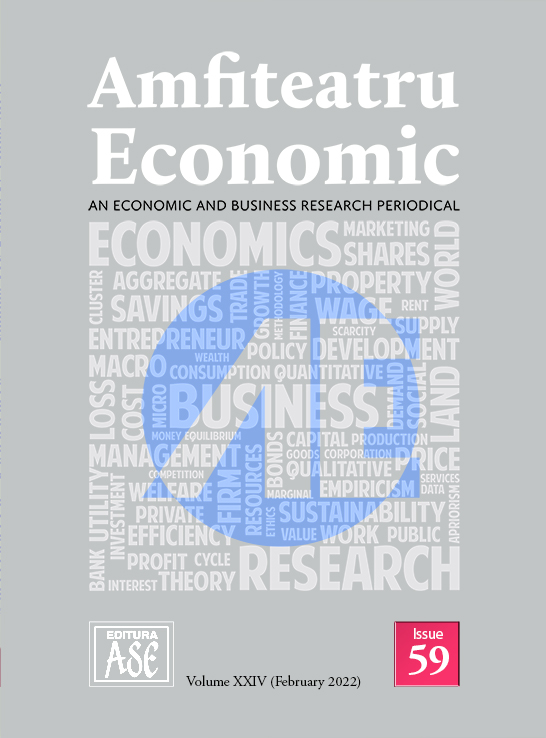Comparison of the Environment of EU Countries for Sharing Economy State by Modern Multiple Criteria Methods
Comparison of the Environment of EU Countries for Sharing Economy State by Modern Multiple Criteria Methods
Author(s): Virginija Grybaitė, Jelena Stankevičienė, Giedrė Lapinskienė, Valentinas PodvezkoSubject(s): Business Economy / Management, Energy and Environmental Studies, ICT Information and Communications Technologies
Published by: EDITURA ASE
Keywords: sharing economy; multicriteria evaluation; environment; factors; EDAS; PROMETHEE;
Summary/Abstract: The rapid growth of the sharing economy attracts attention from scientists, businesses, and governments. The European Commission acknowledges the benefits of the sharing economy and emphasises that European countries should be open to the new opportunities that the sharing economy brings. The sharing economy makes an essential contribution to job creation and growth in the European Union. The sharing economy creates new markets and expands existing ones. It makes the use of resources more efficient due to the extensive sharing of assets. Sharing improves resource conservation and efficiency of use, reformats consumption patterns, raises the spirit of entrepreneurship and responsibility of every capital owner, and improves social trust among people worldwide. Despite the focus of researchers on the sharing economy, there is still a lack of research on conditions that stimulate the sharing economy’s growth. The article lays the foundation for creating a more comprehensive methodology for assessing the growth of the sharing economy. The authors apply multi-criterion decision-making methods for research purposes, such as EDAS and PROMETHEE II, and recently developed CILOS and IDOCRIW for criteria weight calculation. A hierarchy structure of criteria for evaluating sharing economy growth was created and presented in the paper. The resulting weights of criteria of performance of sharing economy growth were obtained. The prominent features of hierarchy structures and the methodology for calculating ultimate weights are described and demonstrated. The results reveal that the environment is more favourable for sharing economy growth in the Netherlands, Germany, and Sweden among the chosen European countries.
Journal: Amfiteatru Economic
- Issue Year: 24/2022
- Issue No: 59
- Page Range: 194-213
- Page Count: 20
- Language: English

